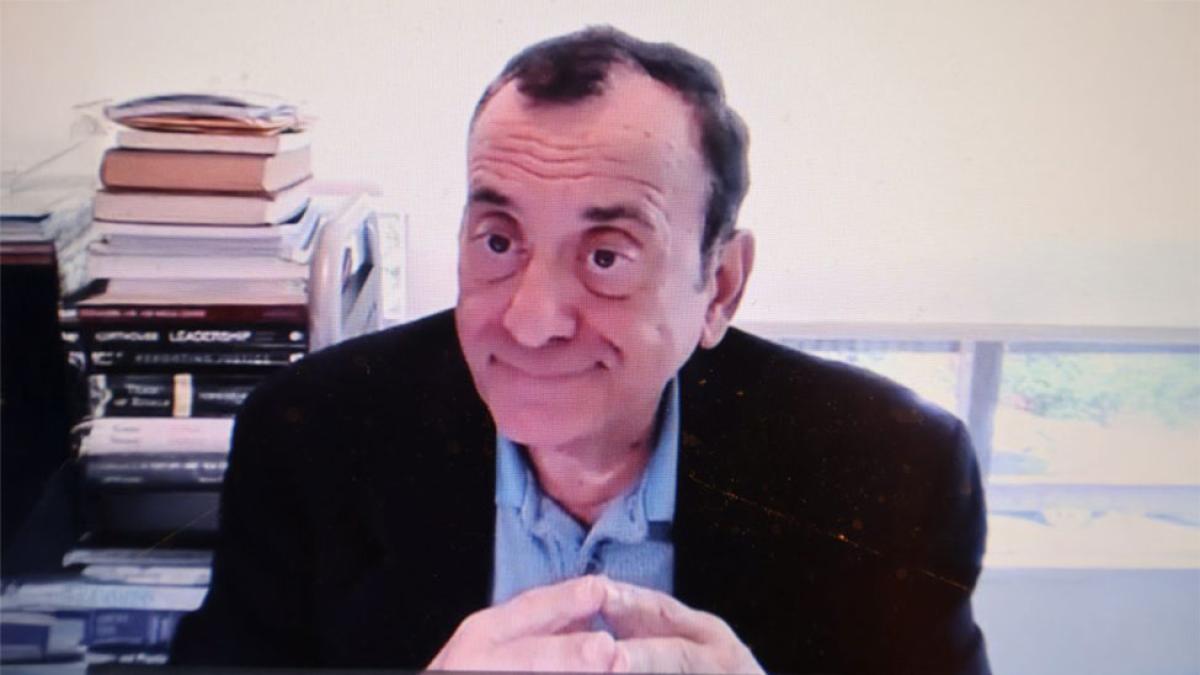This Sex-Filled Smutty TV Series Is Taking Over the Internet. It's A Big Shift.
Dyson Professor Melvin Williams speaks to USA Today on the cultural impact of the viral television series Heated Rivalry. Professor Williams highlights how the show has sparked meaningful conversations about queerness, sexuality, and representation in professional sports, noting that the strong audience response reflects a growing openness to queer narratives—even amid broader cultural backlash.
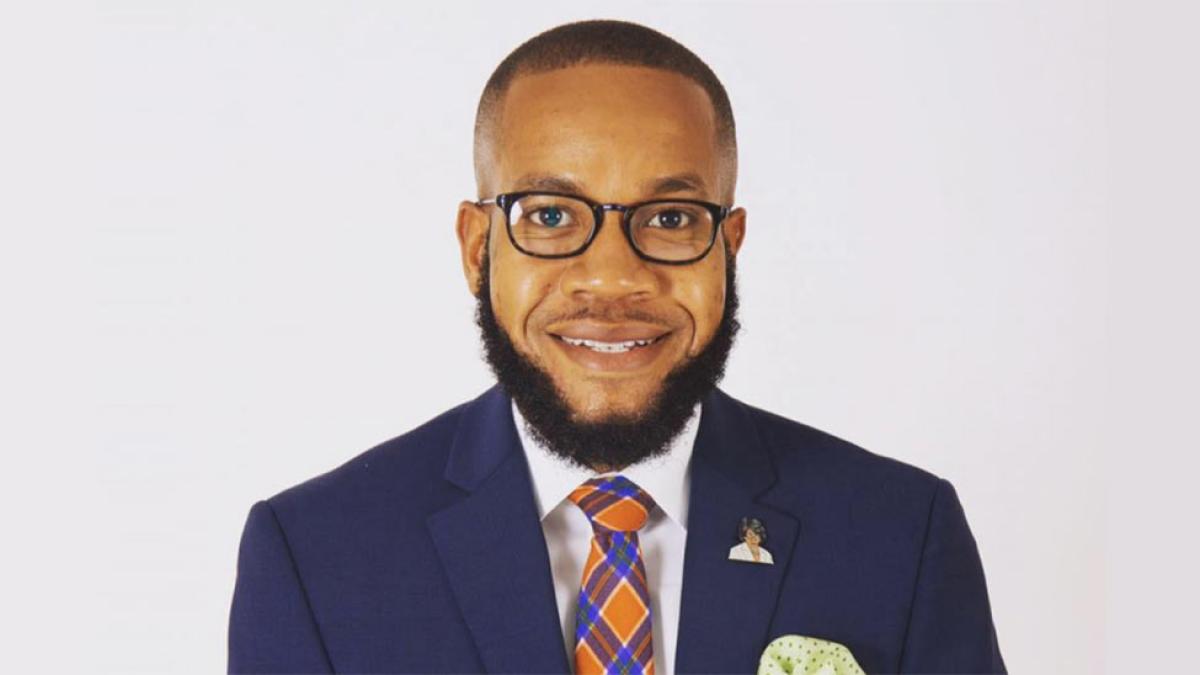
Op-Ed | Grief for New York’s Grieving Families Act
Haub Law Professor Bennett Gershman writes a piece in amNewYork examining New York’s Grieving Families Act. Professor Gershman explores the legal and policy implications of proposed changes to the state’s wrongful death statute, raising concerns about how the legislation could affect families, courts, and the broader civil justice system. Professor Gershman also writes in New York Law Journal, examining renewed calls for federal courts to reassert their supervisory power amid mounting criticism of the U.S. Department of Justice.
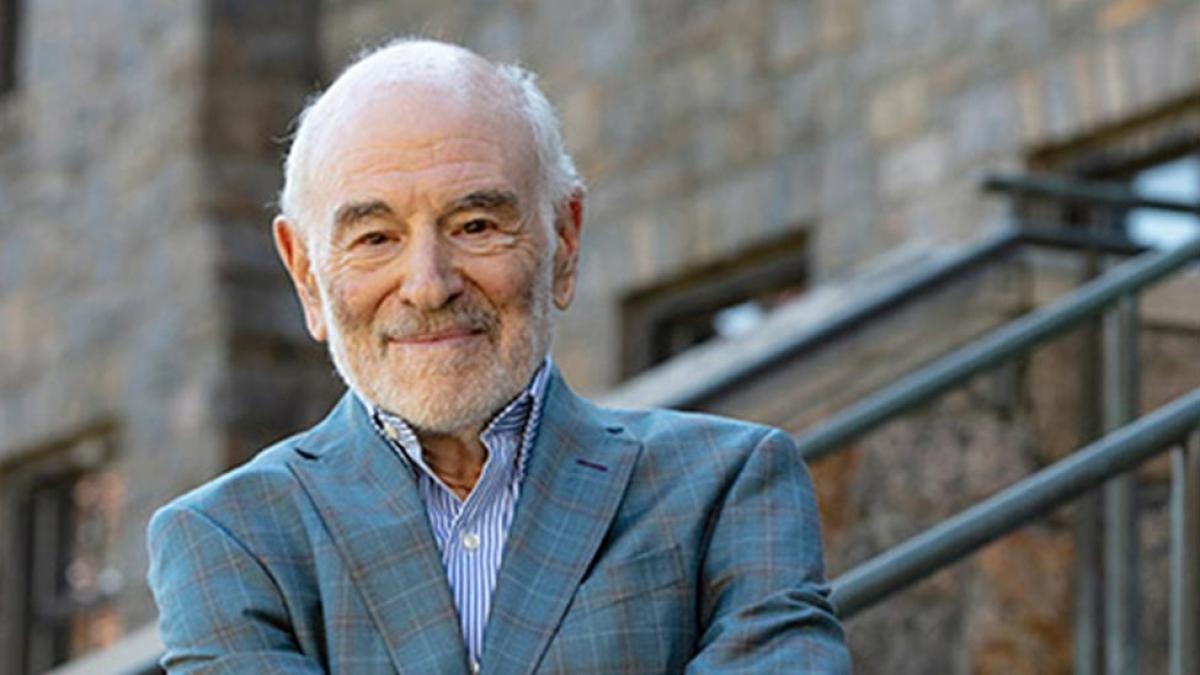
Map Shows States With Highest Immigration Court Backlogs
Haub Law Professor and Director of the Immigration Justice Clinic Amelia Wilson speaks to Newsweek about immigration court backlogs nationwide. Professor Wilson notes that while the backlog has declined significantly in 2025, the abrupt dismissal of experienced immigration judges has created new regional challenges that could slow progress.
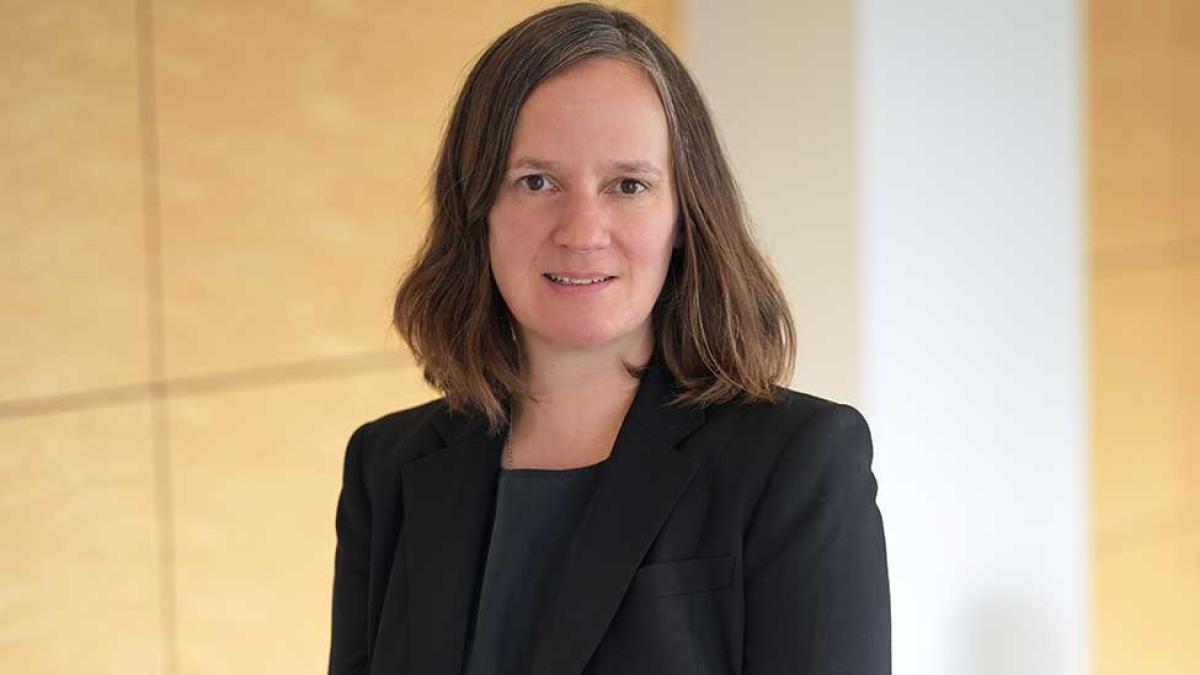
Pace University’s Students Complete The Parenting, Prison, and Pups Program Which Creates Pathways to Healing
Pace’s commitment to experiential learning and community engagement is also highlighted by News 12 Westchester, which covered the graduation ceremony for the University’s Parenting, Prison, and Pups program. Led by Dyson Criminal Justice Professor Kimberly Collica-Cox, the initiative brings together Pace students, incarcerated mothers at the Westchester County Jail, and therapy dogs to support healing, parenting skills, and emotional well-being. This semester, nine mothers and ten students graduated from the program, marking a meaningful milestone for participants and the broader community.
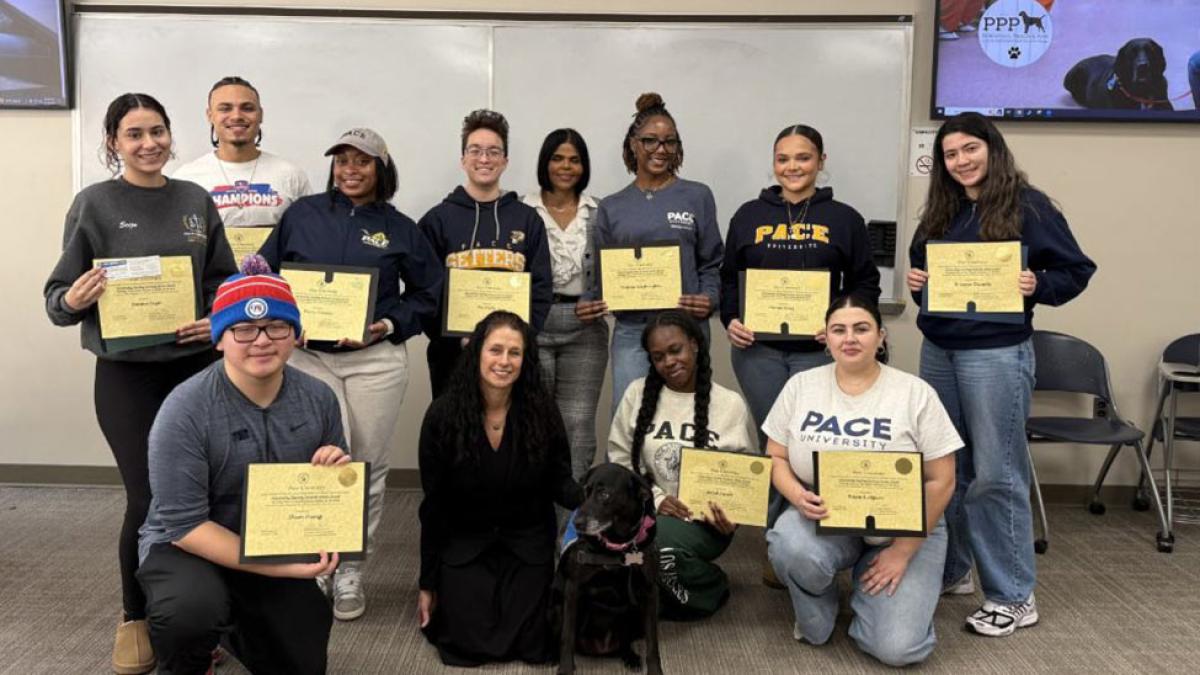
The Cruise Industry: An Insight into International Tourism in the Face of Global Fragmentation
The Georgetown Journal of International Affairs features Lubin Professor Andrew Coggins Jr., who examines how the global cruise industry has remained resilient amid geopolitical fragmentation and shifting travel patterns, offering insight into broader trends shaping international tourism.
AI and the Library: Balancing Automation With Humanity
Lubin Professor Bruce Bachenheimer speaks with Information Today about the limits of generative AI in libraries and information work. He cautions that AI tools can obscure gaps in understanding, emphasizing that true intelligence lies not in information accumulation but in critical thinking, reasoning, and strategic analysis—skills that remain fundamentally human.
Albert Einstein’s Brain Was Stolen By A Doctor And Carried Around For 40 Years
In EURPORE SAYS, Dyson Psychology Professor Terence Hines weighs in on renewed interest in the long-mythologized theft of Albert Einstein’s brain, cautioning against simplistic claims linking intelligence to isolated anatomical features and underscoring the complexity of human cognition— and Newsy Today has the story.
Best Credit Cards for Groceries of November 2025
Lubin Professor Larry Chiagouris speaks to WalletHub in its analysis of the Best Credit Cards for Groceries, drawing on his expertise in consumer behavior and marketing to evaluate how rewards structures influence household spending decisions.
Deaf West Theatre and Pace University Launch Groundbreaking ASL Music Education Residency
New York Trend reports that Deaf West Theatre and Pace University’s Sands College of Performing Arts are launched a groundbreaking artist-in-residence program focused on ASL music education. The residency aims to reshape how musical theater training approaches accessibility, integrating Deaf culture, sign language, and inclusive performance practices into arts education.
Proportional Representation (PR) — Possible Solution to Gerrymandering and Partisan Re-Districting?
Dyson Professor Stephen Rolandi writes a piece in the PA Times examining proportional representation as a potential solution to gerrymandering and partisan redistricting.
